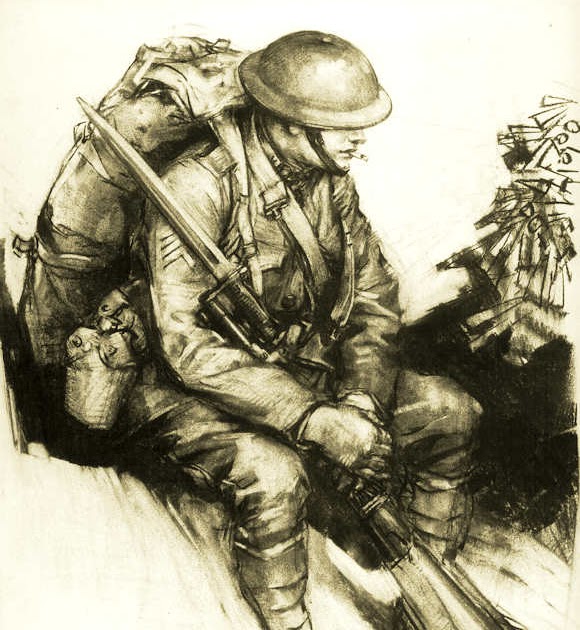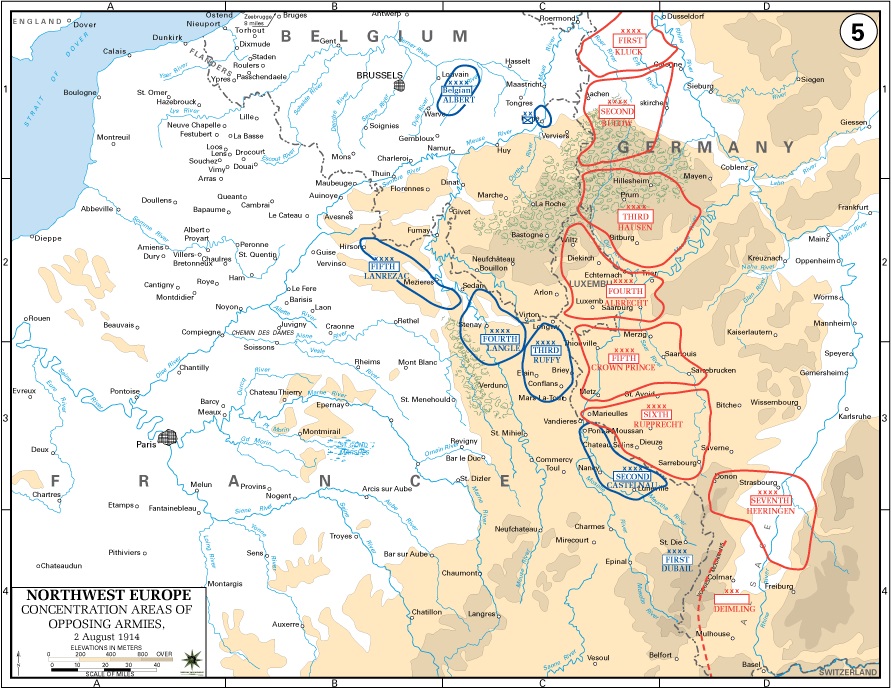raharris1973
Well-known member
In 1882 Italy joined the Triple Alliance, mostly it seems out of anger over the French annexation of Tunisia. What if they decided not to rashly rush into this alliance and remain a 'free agent' in the Mediterranean? Would they end up an ally of France eventually or would they remain neutral until there was a war in Europe and sell their entry to the highest bidder? What does this mean for Italian foreign policy in the meantime? Do they become more cautious about foreign adventures or become more hostile toward Austria?
A good opportunity came up in 1882: UK and France were planning an intervention in Egypt to protect their investments in the country after the Orabi coup of 1878 which had ousted the khedive. At the last moment France pulled out (IIRC because the government fell). The Gladstone ministry invited Italy to participate but after some hamming and hewing the Depretis ministry declined the opportunity and the British went in alone.
It would have been a good chance of strengthening the ties with UK and avoiding the diplomatic isolation of Italy. There was also a convenient fig leaf since there was a significant Italian presence in Alexandria and some investments in Egypt (though much less than the British and French ones) but internal politics and the disappointment with the outcome of the congress of Berlin resulted in a refusal. The intervention went in without a glitch so there was really no worry on the military or supply side. An Italian participation would have been likely to reap some economic benefits in Egypt (although Italy would have been a junior partner) and would certainly have resulted in a better Italo-British cooperation during the Mahdi revolt and possibly shared spheres of influence in Sudan. It would also derail Italy participation in the Triple alliance.
With Europe having the Austro-German dual alliance of 1879, but no Triple Alliance with Italy, there is also no an Anglo-Italian accord of 1882, principally over Egyptian and Mediterranean matters. I presume by the mid-1880s, Britain has organized something fairly similar to OTL's Mediterranean agreements.
I figure eventually by 1892 the Franco-Russian alliance is coming as a third block.
With Italy outside of German and Austrian reach as an ally, how does German and Austrian diplomacy and military planning proceed differently from OTL?
I assume the Germans would never draw up war plans that assume an infusion of Italian troops to help defend Alsace, like OTL's Schlieffen Plan. I assume the Austrians would always factor in the Italians as a potential menace.
Could this lead the Austrians to work harder enough at accommodating the Russians to avoid an irrevocable break with the Russians?
Would it lead to Austria-Hungary being more worried about being backstabbed from all directions, leading to more defense spending throughout the 1880s, 1890s and early 1900s compared with OTL?
Would Berlin and Vienna be more careful about brinkmanship in general, if they assumed Italy was more likely to be foe than friend?
Might the lack of a tie to Italy lead to more intense efforts to cultivate a different comparable ally, like, for instance, Abdul Hamid's Ottoman Empire, from the mid 1880s onward?
A good opportunity came up in 1882: UK and France were planning an intervention in Egypt to protect their investments in the country after the Orabi coup of 1878 which had ousted the khedive. At the last moment France pulled out (IIRC because the government fell). The Gladstone ministry invited Italy to participate but after some hamming and hewing the Depretis ministry declined the opportunity and the British went in alone.
It would have been a good chance of strengthening the ties with UK and avoiding the diplomatic isolation of Italy. There was also a convenient fig leaf since there was a significant Italian presence in Alexandria and some investments in Egypt (though much less than the British and French ones) but internal politics and the disappointment with the outcome of the congress of Berlin resulted in a refusal. The intervention went in without a glitch so there was really no worry on the military or supply side. An Italian participation would have been likely to reap some economic benefits in Egypt (although Italy would have been a junior partner) and would certainly have resulted in a better Italo-British cooperation during the Mahdi revolt and possibly shared spheres of influence in Sudan. It would also derail Italy participation in the Triple alliance.
With Europe having the Austro-German dual alliance of 1879, but no Triple Alliance with Italy, there is also no an Anglo-Italian accord of 1882, principally over Egyptian and Mediterranean matters. I presume by the mid-1880s, Britain has organized something fairly similar to OTL's Mediterranean agreements.
I figure eventually by 1892 the Franco-Russian alliance is coming as a third block.
With Italy outside of German and Austrian reach as an ally, how does German and Austrian diplomacy and military planning proceed differently from OTL?
I assume the Germans would never draw up war plans that assume an infusion of Italian troops to help defend Alsace, like OTL's Schlieffen Plan. I assume the Austrians would always factor in the Italians as a potential menace.
Could this lead the Austrians to work harder enough at accommodating the Russians to avoid an irrevocable break with the Russians?
Would it lead to Austria-Hungary being more worried about being backstabbed from all directions, leading to more defense spending throughout the 1880s, 1890s and early 1900s compared with OTL?
Would Berlin and Vienna be more careful about brinkmanship in general, if they assumed Italy was more likely to be foe than friend?
Might the lack of a tie to Italy lead to more intense efforts to cultivate a different comparable ally, like, for instance, Abdul Hamid's Ottoman Empire, from the mid 1880s onward?









